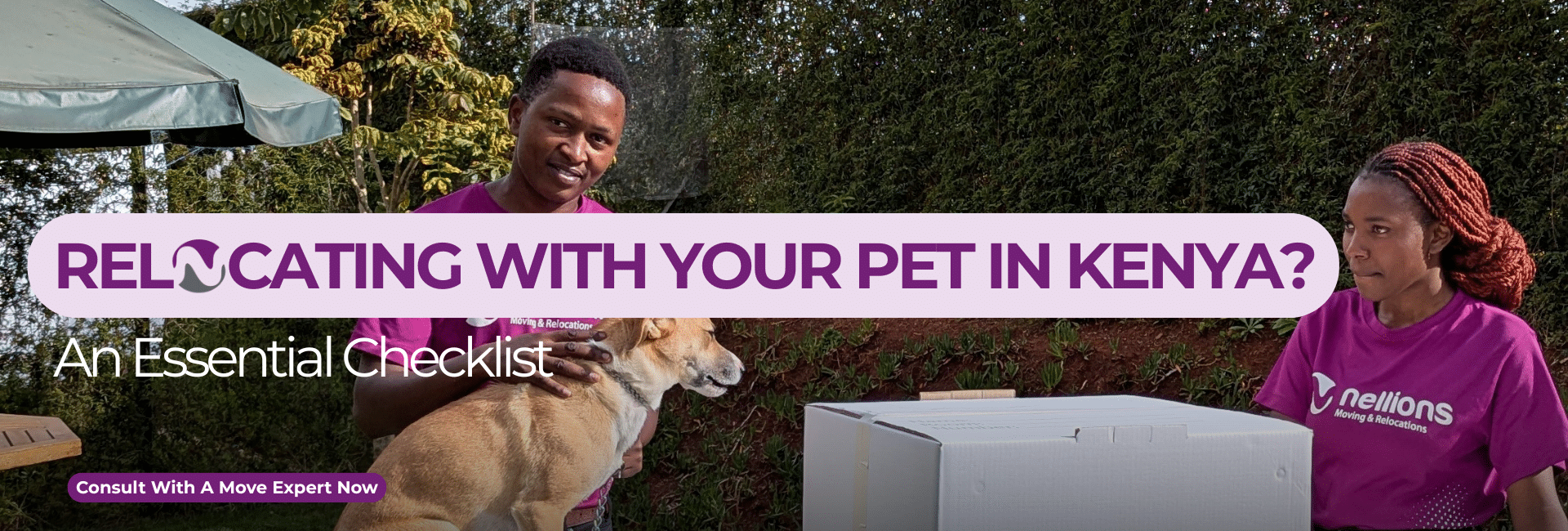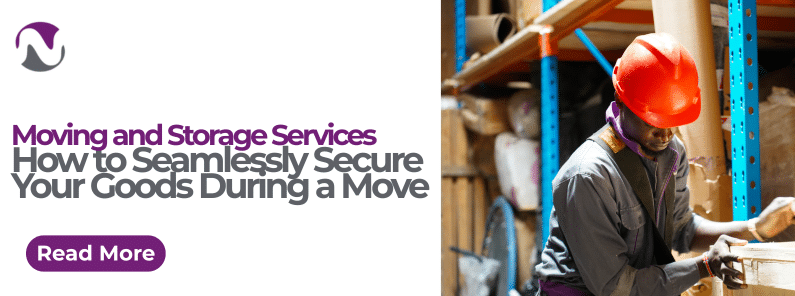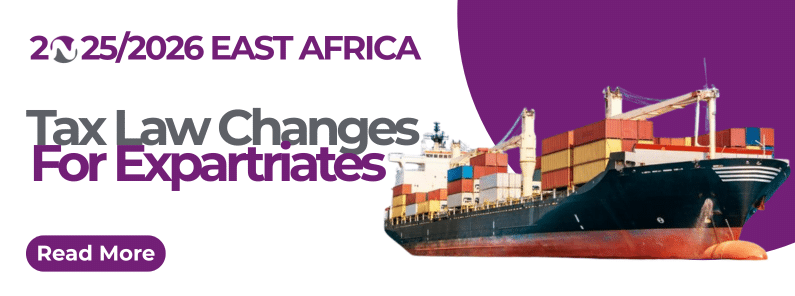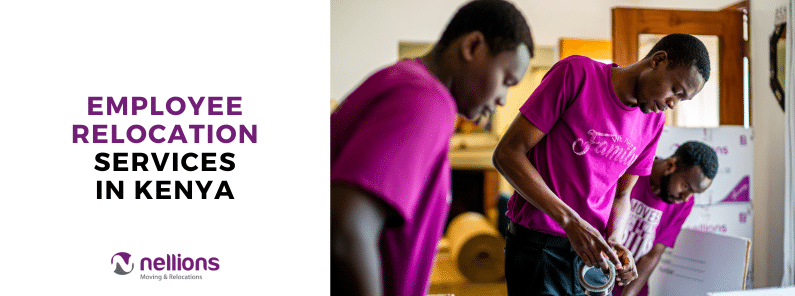
Relocating can be an exciting milestone, but finding the best house moving company in Kenya is essential to making the process seamless and stress-free. Unfortunately, not all movers are created equal, and without careful selection, you risk falling into the hands of unreliable companies.
Imagine trusting someone with all your belongings, only to end up with damaged or missing items, hidden fees, or even no one to contact in case things go wrong. This guide will help you screen and select the best house moving company in Kenya, avoiding common pitfalls and ensuring your move goes smoothly.
What Makes a Moving Company the “Best”?
Not every moving company in Kenya lives up to the title of “best.” Some are mere “briefcase companies”—businesses with no legitimate office presence or necessary licenses, ready to disappear after a quick payday. Choosing a reputable moving company means finding one with an established reputation, verified services, and a strong commitment to customer satisfaction.
Key qualities to look for in a house moving company include:
- Professionalism
- A track record of safe and secure moving
- Excellent customer service
Take, for example, the story of Jane, who went with a low-cost mover she found online. They quoted a price that seemed too good to be true, and unfortunately, it was. On moving day, she faced unexpected additional charges and, worse still, discovered that some of her belongings were missing. When she tried to follow up, she found there was no physical office to visit—just a disconnected phone number. Jane’s experience is all too common, and it underscores the importance of screening companies to avoid the risks of “briefcase” movers.
Steps to Screen and Select the Best Moving Company
1. Research and Shortlist Companies
Start by identifying several moving companies that operate in your area. Leverage Google, social media platforms, and review sites to find companies with an established online presence and positive customer feedback. However, be cautious: while online research is convenient, appearances can be deceiving. In today’s digital age, creating an impressive website and social media profile is easy, even for companies that lack real credibility.
To counter this, check multiple sources for reviews and testimonials. Recommendations from friends, family, or colleagues who have had positive experiences can be invaluable. Personal referrals offer a layer of trust that’s hard to replicate through online reviews alone.
2. Verify Physical Office Premises
In this age of digital commerce, verifying the physical existence of a company is crucial. While it’s tempting to go with a company based on online images or a virtual tour, you risk dealing with a company that may disappear when issues arise. Consider making a quick visit to the company’s office if feasible, or at least confirm its physical presence through other means, such as a verified virtual survey.
For instance, Samuel, a Nairobi resident, decided to double-check his chosen moving company by dropping by their supposed address. He found an empty lot instead of the professional setup he had seen on their website. This experience made him realize the importance of confirming a company’s legitimacy beyond its online profile.
3. Check Licensing and Insurance

Licensing and insurance are non-negotiables when selecting a moving company. A properly licensed company complies with local regulations, and insurance protects your belongings should anything go wrong. Ask the company directly about their insurance policies and ensure they cover your valuables from pick-up to delivery.
Another important thing is to evaluate the company’s memberships to trade associations. While Kenya doesn’t have any trade associations, most professional companies instead opt to join respected international moving associations such as as the International Association of Movers (IAM), the British Association of Removers (BAR), the International Mobility Alliance (IMA), and FIDI. These associations ensure that their members adhere to international best practices in moving, and also enable them to effectively coordinate international moving projects effectively by using membership agreements.
Consider Alice’s story: she opted for a mover without verifying their insurance coverage. During transit, several of her items were damaged, and when she reached out for compensation, she discovered that the company lacked insurance, leaving her to bear the loss. Verifying these details beforehand can save you a lot of heartache and expense down the line.
4. Evaluate Customer Reviews and Testimonials
Online reviews and testimonials offer valuable insights into a company’s track record. Look for feedback on sites like Google My Business, Facebook, and other third-party review platforms. Analyze reviews for recurring themes, such as punctuality, professionalism, handling of items, and customer service.
Additionally, consider how the company handles complaints. Ask them directly about their complaint resolution process:
- How do they listen and empathize with their clients?
- Have they had any incidents, and how were they resolved?
Real-world examples can be very telling. A friend of mine recently shared a story about his move with a company that accidentally scratched a piece of his furniture. He was initially upset, but the movers handled it well—acknowledging the issue immediately, offering an apology, and even sending a repair person to fix the damage. Such actions show a commitment to customer satisfaction that speaks volumes.
5. Assess Service Offerings and Specializations

The best moving companies don’t just transport items from Point A to Point B—they often provide a range of services tailored to make the move easier and more efficient. When comparing companies, check if they offer additional services that could be valuable for your particular move. This might include furniture assembly, disassembly, packing and unpacking services, storage options, or handling specialty items like pianos or antiques.
For instance, consider Paul, who recently moved his family from Nairobi to Mombasa. His chosen moving company offered end-to-end packing services, sparing him the hassle of boxing up every item himself. Paul was especially relieved that they had specialists to safely handle and wrap his grandmother’s fragile glass cabinet, a cherished family heirloom. Specialized services like this can be worth the investment, as they ensure valuable items are transported with care.
6. Compare Pricing and Transparency
Transparency in pricing is essential to avoid unexpected costs on moving day. Look for companies that provide itemized quotes detailing all services and fees upfront. Many reputable moving companies will conduct an in-person assessment to gauge the scope of the move accurately or, if an on-site visit isn’t feasible, a virtual survey. This assessment enables the company to offer a precise estimate and helps you understand what factors are affecting the price.
However, beware of companies offering extremely low rates compared to others; they may be enticing at first but often come with hidden fees or lower service standards. Sarah, a recent mover, went with the lowest quote she received, only to discover additional charges tacked on at every stage of the move—extra fees for handling fragile items, for using more packing materials than estimated, and for taking extra time. Her “bargain” move ended up costing far more than anticipated, making a case for thoroughly reviewing each quotation for transparency and honesty.
7. Ask About the Moving Process and Equipment
Understanding the company’s moving process can reveal a lot about their professionalism. Ask questions about how they handle each phase of the move—packing, transport, and unpacking. Do they use quality packing materials? Are their vehicles in good condition, spacious enough, and equipped with safety features? Do they have trained personnel who can manage bulky or delicate items? These details can make a difference in the safety and efficiency of your move ensuring you’re in good hands with the best house moving company in Kenya.
For example, one customer shared how the movers she hired arrived with an old, unreliable truck that broke down midway. The delay caused her significant inconvenience, as she couldn’t access her new home’s driveway during the agreed time slot. She learned a hard lesson on the importance of verifying that a company has reliable equipment and a professional moving process.
Red Flags to Watch Out For When Selecting a House Moving Company in Kenya
Selecting the best moving company in Kenya also means being vigilant about potential red flags from rogue movers or even people pretending to be movers. Here are a few warning signs to keep in mind:
- No Physical Office or Vague Addresses: Avoid companies that operate out of non-descript locations or cannot provide a verifiable address. As we’ve discussed, some “briefcase companies” can vanish if something goes wrong, leaving you with no recourse.
- Lack of Licensing and Insurance: Without the right permits and insurance, a company might be cutting corners in other ways too, exposing your belongings to risk.
- Poor/Fake Reviews and Complaints: Multiple complaints, especially about hidden fees or poor handling of items, should be taken seriously. Dig into specific issues, and don’t hesitate to ask the company how they addressed these problems.
- Unusually Low Quotes: While cost is a factor, significantly lower quotes may indicate compromises in service or hidden fees. Reliable companies tend to offer competitive pricing without undercutting their own standards.
- Limited Experience or Insufficient Resources: If a company cannot provide a clear explanation of its process or lacks the proper resources for a move of your size, it’s best to look elsewhere.
Finalizing the Choice of the Best Moving Company in Kenya
After following these steps and assessing each company thoroughly, you’ll have a clear shortlist of companies that meet your criteria. Take time to review your remaining options, and select the company that best aligns with your budget, requirements, and timeline. Ultimately, the best choice will be a company that not only checks all the boxes in terms of professionalism and experience but also instills a sense of trust and peace of mind.
Remember, the value of a good moving company goes beyond just transporting items; it’s about offering a smooth, stress-free experience. Opt for a mover who will listen to your concerns, address potential issues, and provide clear communication throughout the process. With the right team, your relocation can be the fresh, exciting start it’s meant to be.












